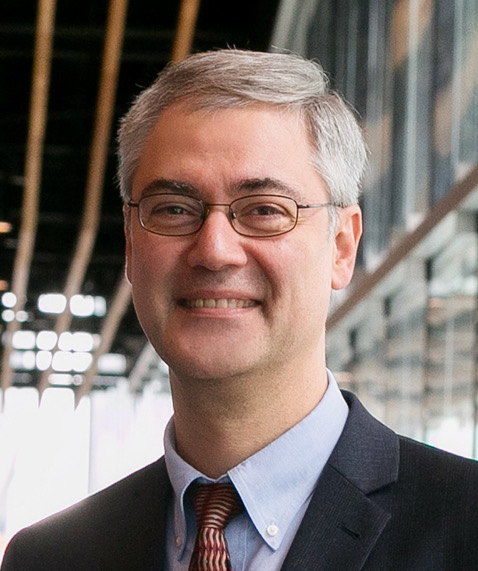Speaker Profile

Mustafa Sahin
Professor of Neurology at Boston Children’s Hospital and Harvard Medical School
Mustafa Sahin, M.D., Ph.D., is Professor of Neurology at Boston Children’s Hospital and Harvard Medical School. Dr. Sahin has established and directs the Rosamund Stone Zander Translational Neuroscience Center and the Multidisciplinary Tuberous Sclerosis Program at Boston Children’s Hospital. Dr. Sahin attended Brown University in Rhode Island and received his M.D.-Ph.D. from Yale School of Medicine. Following pediatrics residency at Children’s Hospital of Philadelphia, he completed a child neurology residency at Boston Children’s Hospital. He then did a postdoctoral training in developmental neurobiology and started his independent research program at Boston Children’s Hospital in 2005. The research in the Sahin laboratory is directed at understanding the cellular mechanisms of neuronal connectivity and their relationship to neurological dysfunction.
Dr Sahin's research centers upon tuberous sclerosis complex (TSC) and related neurodevelopmental disorders. His lab has generated evidence that the TSC/mTOR pathway plays crucial roles in axon specification, guidance, myelination and regeneration. These experiments support the notion that neurological defects in Tsc-deficient mice can be blocked by postnatal mTORC1 inhibition and have led to design of clinical trials directed by Dr. Sahin investigating the effect of an mTORC1 inhibitor on neurocognition in disorders due to TSC1/2 or PTEN loss. He also directs a Rare Diseases Clinical Research Network studying the comparative pathobiology of TSC, PTEN and SHANK3 mutations in patients.


